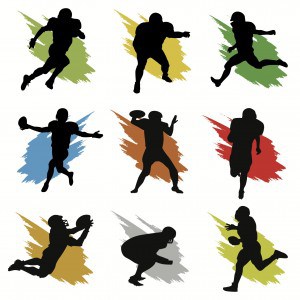
In addition to the balance tests, injured athletes must respond to a computer quiz which tests them on their ability to identify which way shapes and letters are facing, in addition to other visual tests. This is said to be an improvement over traditional tests of simple memory skills or counting how many fingers are being held up.
Things stored in longterm memory, like phone numbers or addresses, might not be impacted by concussion, but performing these mental tests will reveal milder dysfunction.
The test can also be used to measure baseline results to compare to when an athlete has suffered an injury. If they haven’t had a baseline test, however, athletes are compared to the average for their age and gender and it still works as a diagnostic tool.
Several football and soccer teams have already gone through the testing process over the summer, and several more have expressed interest. The test has also already been used to discover concussions and measure the level of recovery that the athletes have experienced.
The nature of most sports is that players want to stay in the game, even after an injury. The benefit of an objective test is that what the player wants won’t be able to convince coaches to go against their better judgement — there will be a test providing the results they need, far more conclusively than before. This will help prevent players from coming back before they’re fully recovered, which is the most dangerous time after a concussion.

